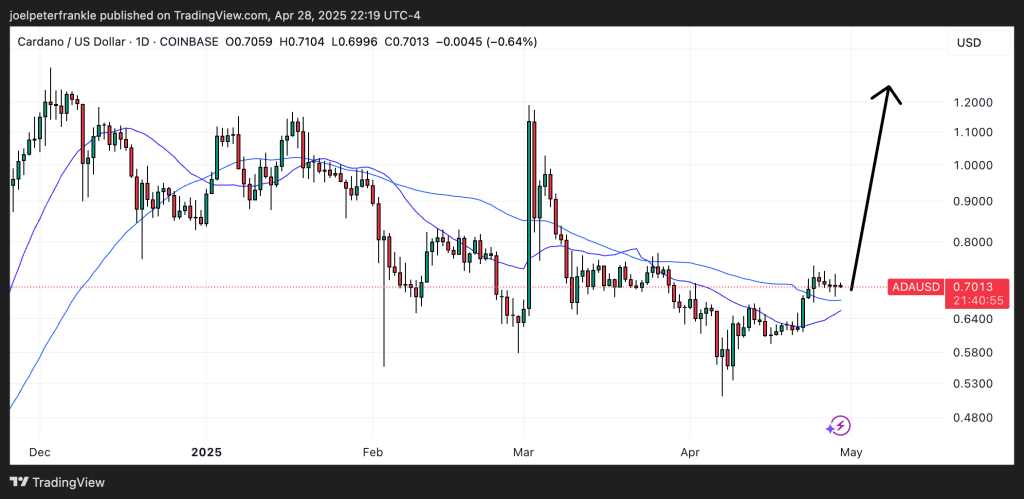Unlock the Editor’s Digest for free
Roula Khalaf, Editor of the FT, selects her favourite stories in this weekly newsletter.
Prime minister Rishi Sunak’s pledge to reintroduce compulsory UK national service, including assigning up to 30,000 18-year-olds to the military, was rejected two days earlier by one of his own defence ministers.
Defence personnel minister Andrew Murrison warned of a hit to morale, headcount and resources if “potentially unwilling national service recruits” were introduced alongside Britain’s professional armed forces.
Murrison, in a written answer in parliament on Thursday, said there were no plans to revive national service, which was scrapped in 1960. His comments came two days before Sunak put the policy at the heart of the Conservative election manifesto.
“If potentially unwilling national service recruits were to be obliged to serve alongside the professional men and women of our armed forces, it could damage morale, recruitment and retention and would consume professional military and naval resources,” Murrison said.
“If, on the other hand, national service recruits were kept in separate units, it would be difficult to find a proper and meaningful role for them, potentially harming motivation and discipline.”
Most teenagers on Sunak’s proposed scheme would have to carry out 25 days a year of unpaid work in the community, but the prime minister also wants 30,000 people to work for a year with the armed forces or in cyber security to help Britain in “an increasingly uncertain world”.
Sunak’s plan — the first big policy pledge of the election campaign — was seen by Labour as an attempt to win over older, more traditional voters who might be considering backing rightwing Reform UK.
The UK government was contacted for comment. One Tory MP said Sunak’s scheme would be more acceptable to the military because it would be capped at a finite number and would therefore be highly competitive, attracting more high calibre candidates.
Home secretary James Cleverly told the BBC: “Whilst you will be compelled to take part in the national service, no one will be compelled to do the military bit.
“We have of course discussed with senior military leaders about the military element of it,” he added.
Teenagers serving with the military would receive a stipend to cover living costs, but those doing community work would be paid nothing.
There was scepticism in military, with one Army officer saying the proposal would “make the regular army less effective for a couple of years minimum”.
However, some former commanders were more positive. Edward Stringer, retired RAF air marshal, said on X that the “devil will be in the detail” of the precise construction of the national service scheme, which would be informed by a Royal Commission.
Stringer added: “Some form of national service has been a popular success in the JEF countries [Scandinavian and Baltic nations] that have used it as a part of building national resilience.”
The idea of some form of compulsory national service is not the preserve of the Conservative right: it was also advocated by David Lammy, now shadow foreign secretary, in his 2020 book Tribes.
“If you’re serious about nation building, which is what I think we’ve got to be serious about, then you have to be serious about obligation as well as choice,” he said in April 2020.
Labour on Sunday attacked the proposed funding of the £2.5bn-a-year national service plan, which Sunak said would be funded by £1bn from a crackdown on tax avoidance and evasion, with a further £1.5bn diverted from the post-Brexit “shared prosperity” regional aid fund.
Angela Rayner, deputy Labour leader, said: “This chaotic raid on the shared prosperity fund will strip millions from towns and cities across the UK, just to fund a desperate election announcement.”
Meanwhile, one of the leading lobby groups for businesses in the north of England hit out at the idea of partly paying for the national service scheme through the shared prosperity fund from 2028-29.
The Northern Powerhouse Partnership said northern communities were already receiving less from the fund than that previously available under EU structural funds, which the SPF replaced.
Henri Murison, NPP chief executive, said metro mayors, including the recently re-elected Conservative Lord Ben Houchen in the Tees Valley, would “lose all the resources they had for important projects”.
“The areas which voted to leave [the EU] and were promised they would be better, not worse off, in funding terms, will have their monies sent to pay for a scheme which will do little or nothing to remove the huge disparities between north and south in this country,” he added.
Credit: Source link











